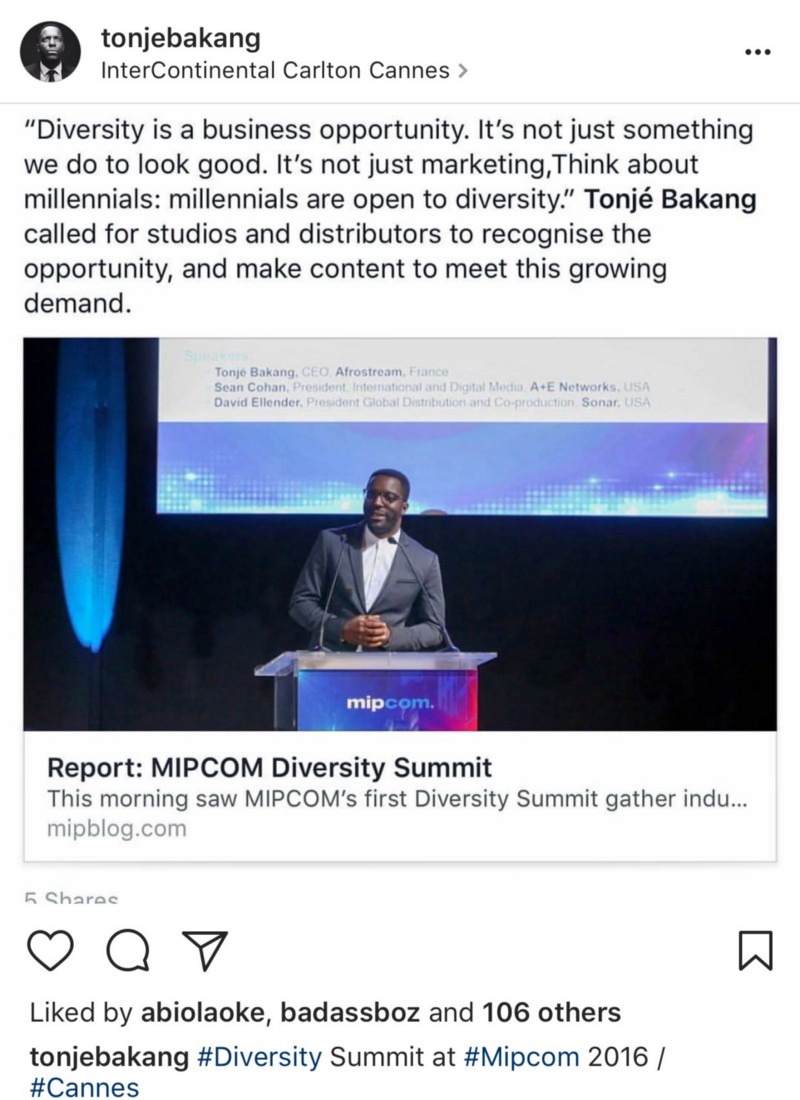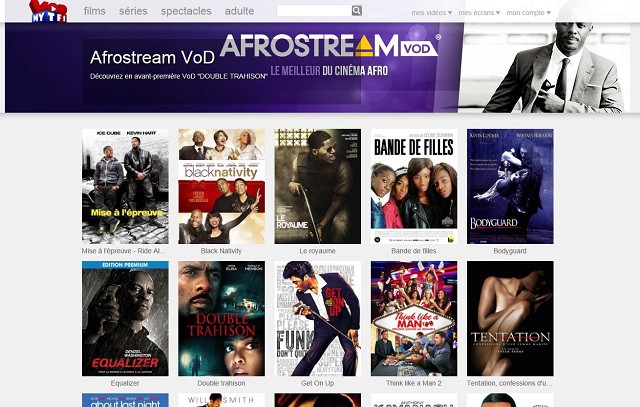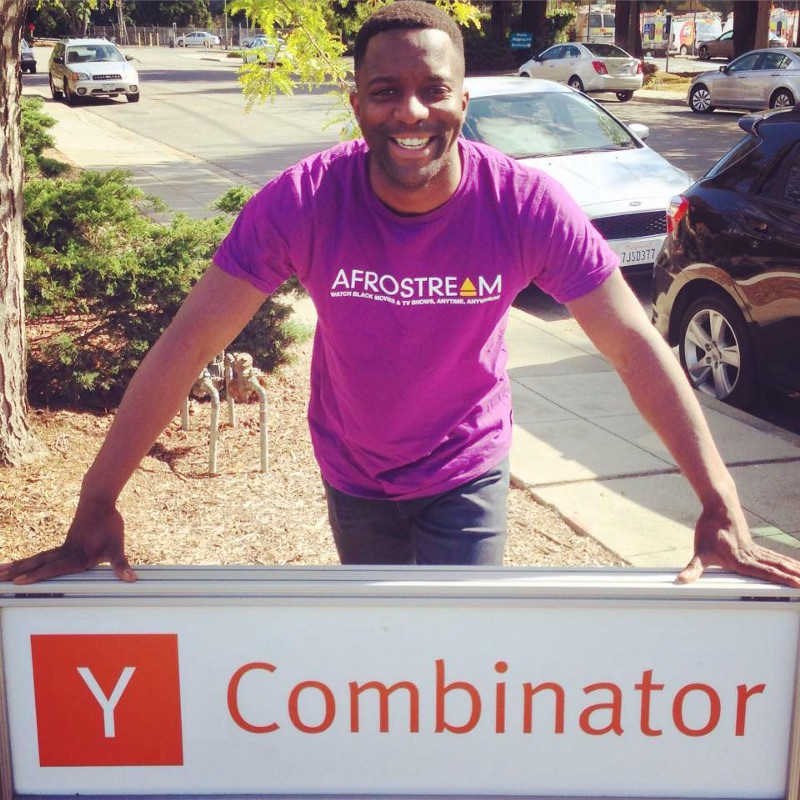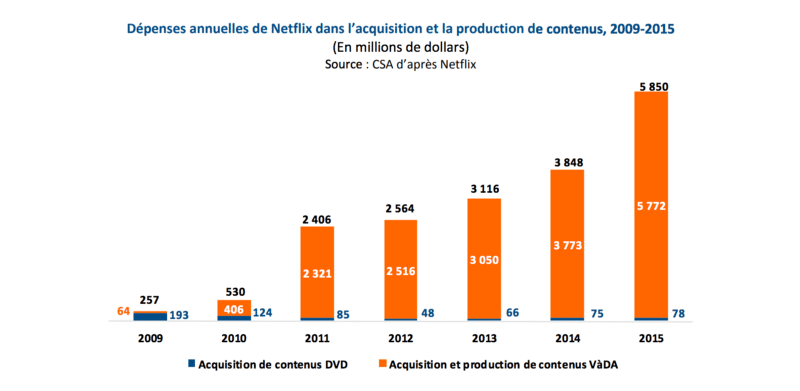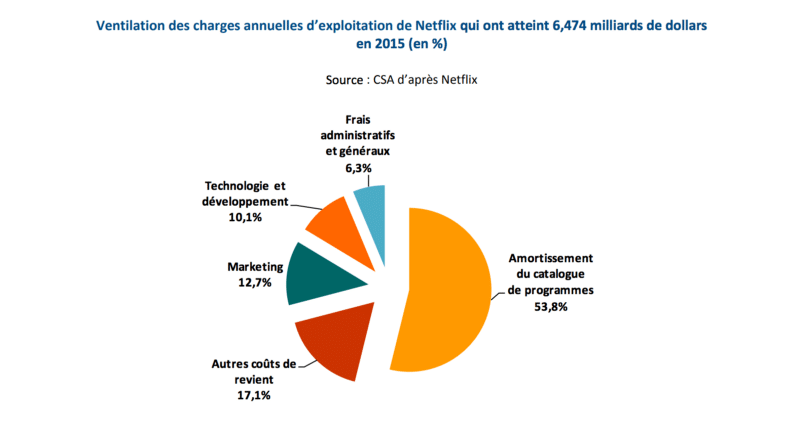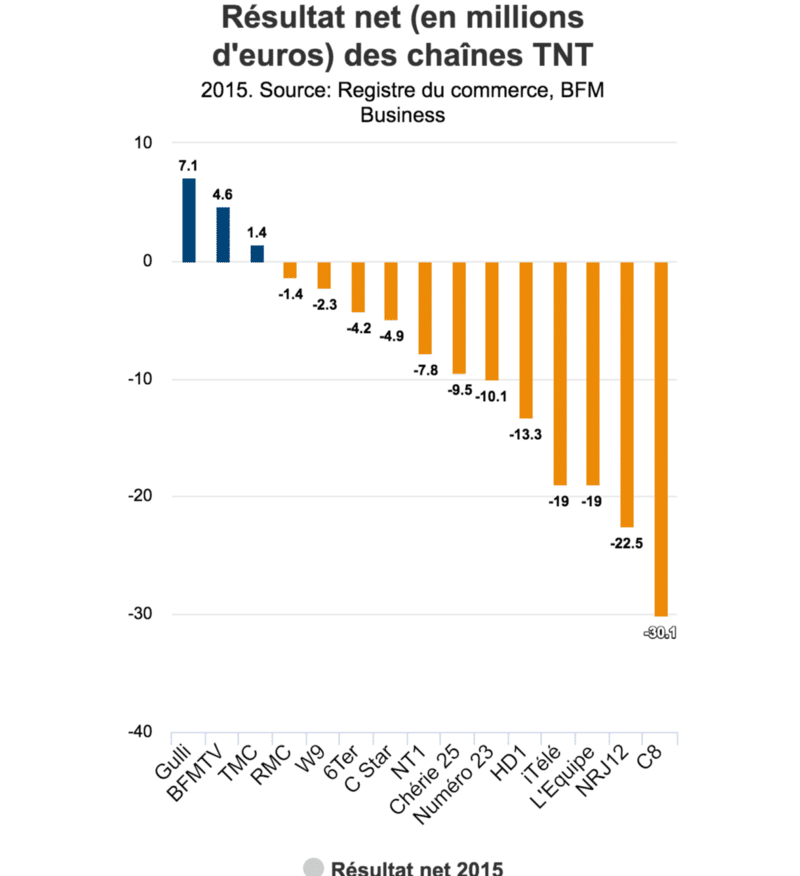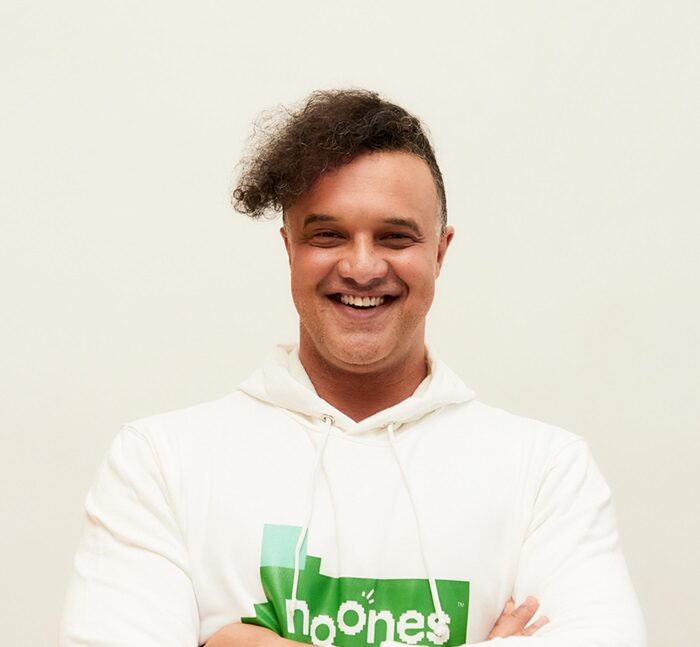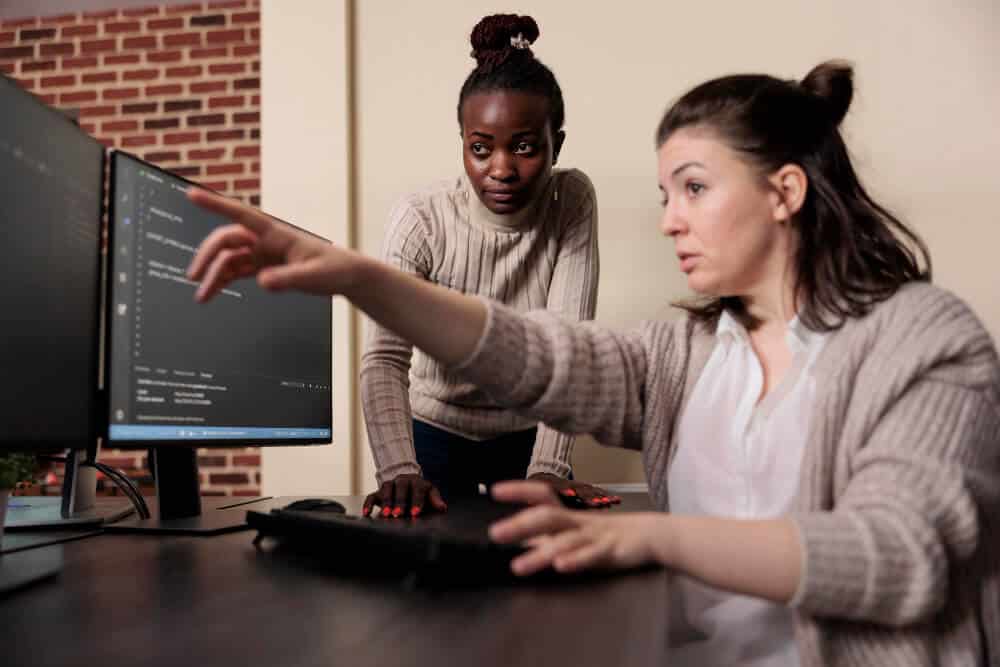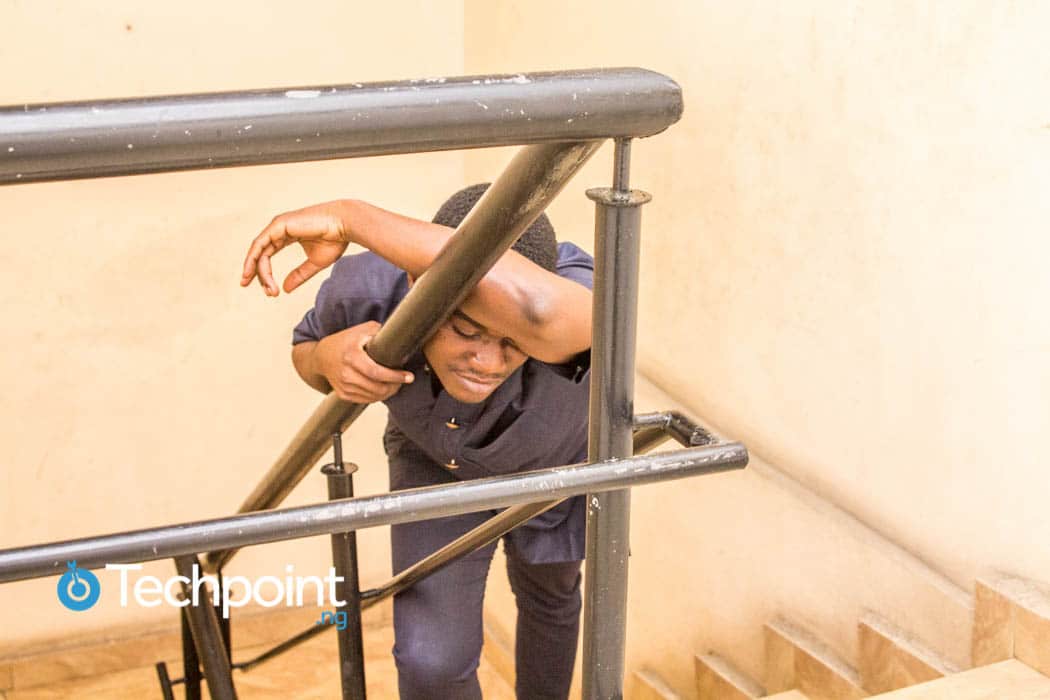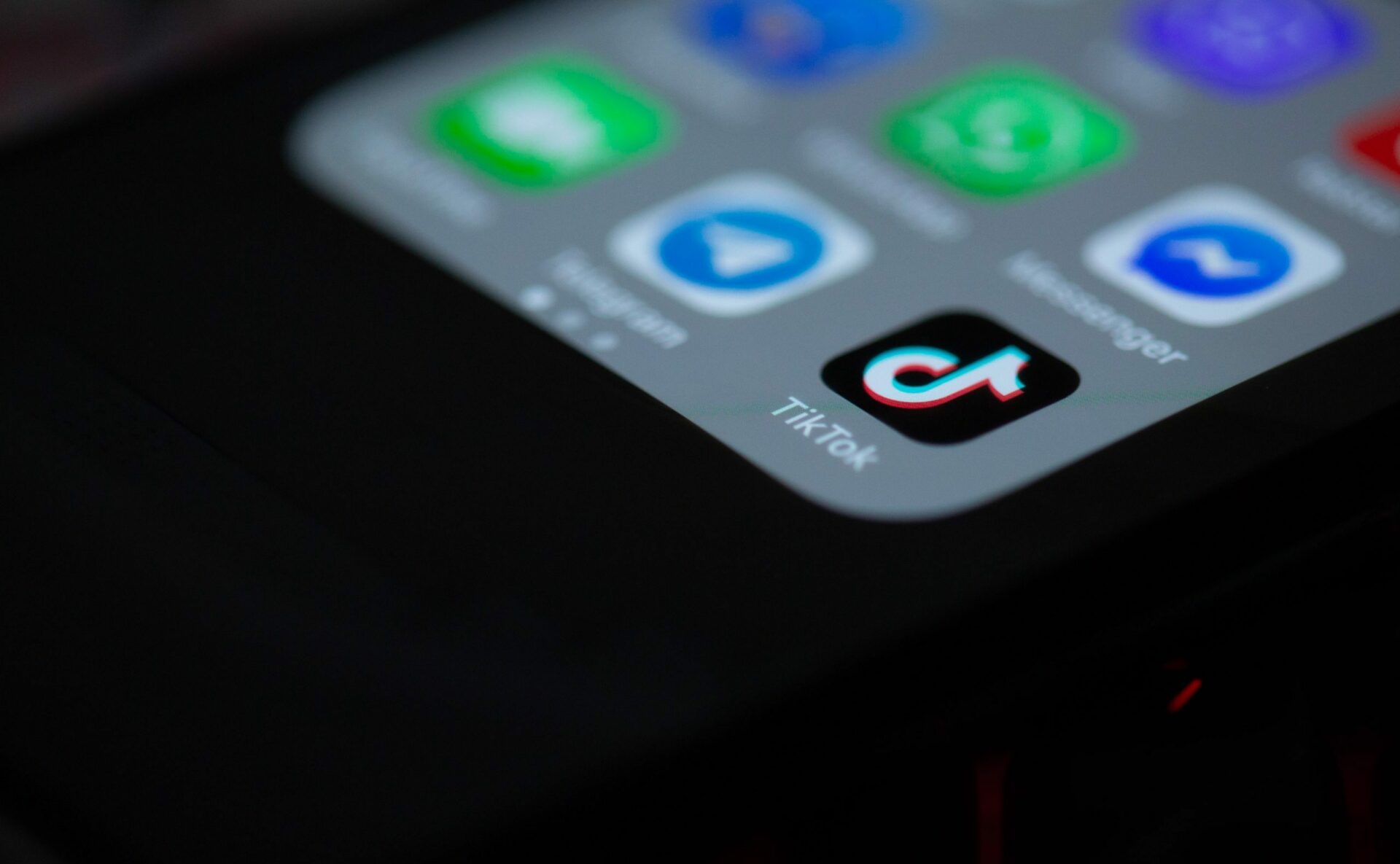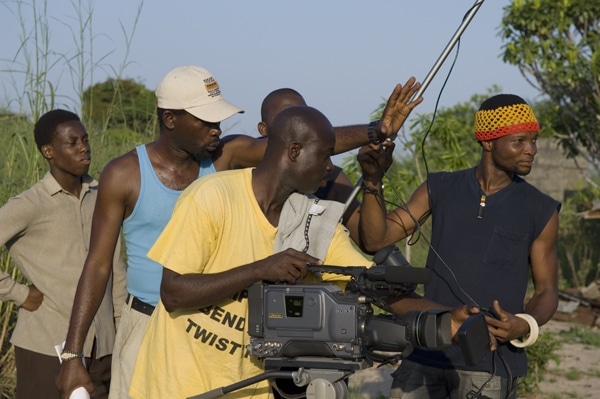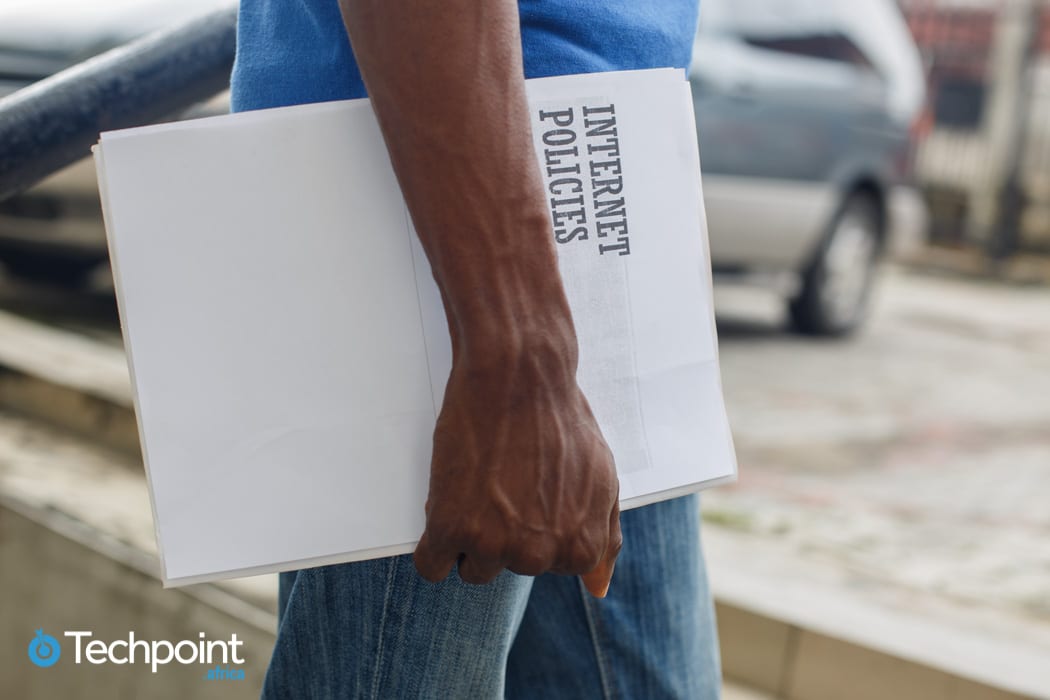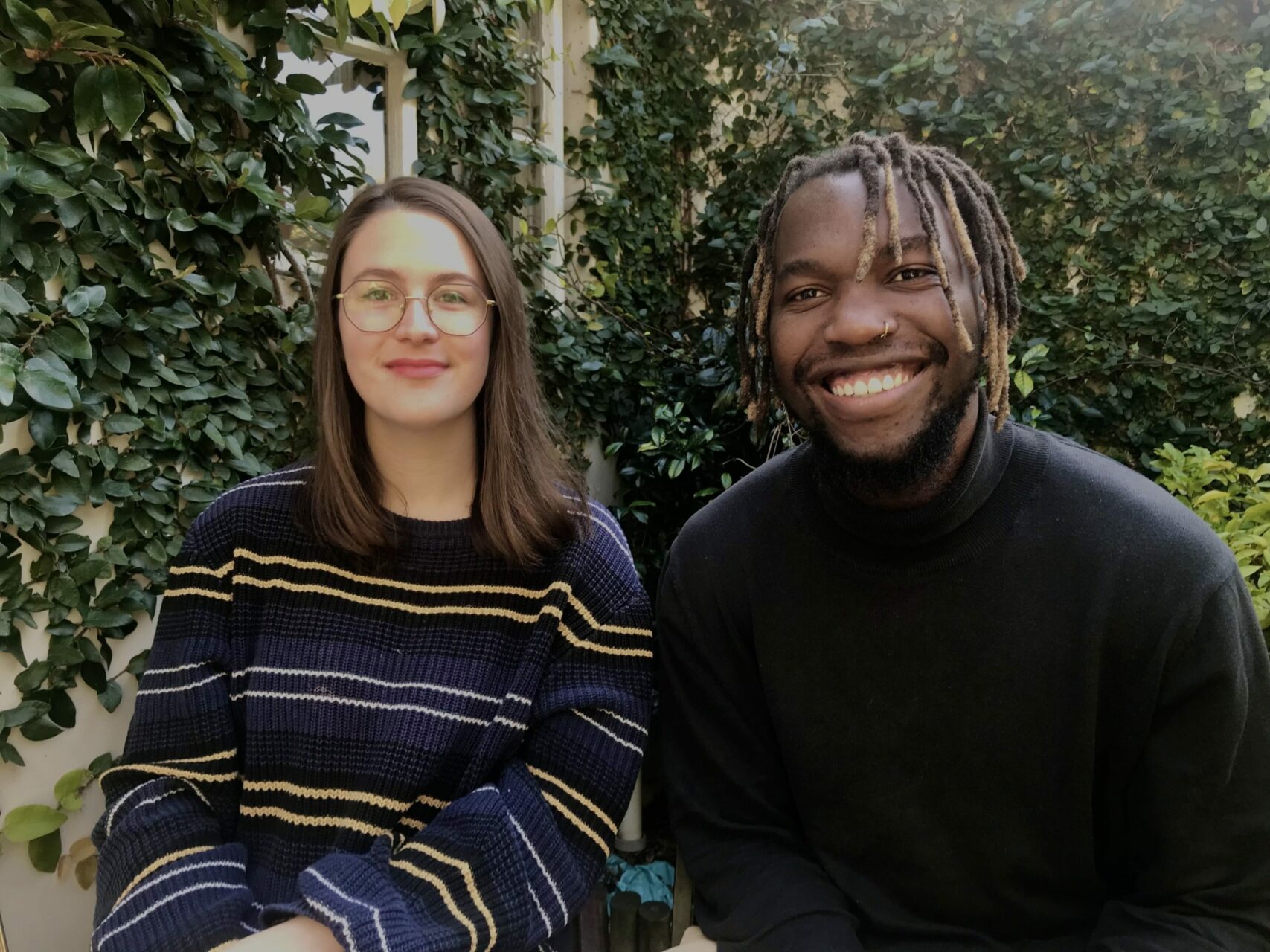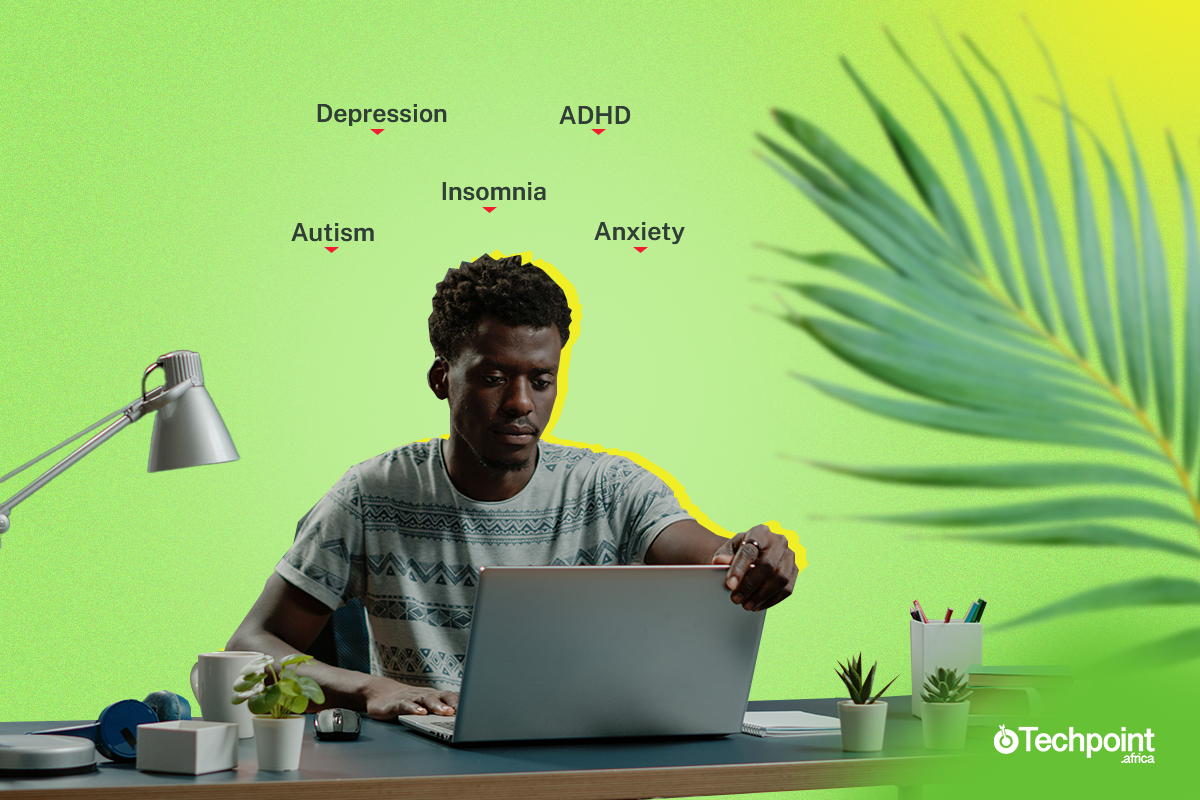Editor's note: The following exposé was originally published in French by Afrostream founder, Tonjé Bakang.
Dear subscribers, partners, entrepreneurs, and friends,
On September 13, 2017, two years almost to the day after the launch of the Afrostream video-on-demand service, we stopped the marketing of subscriptions. The service closes definitively in France, the United Kingdom, Belgium, Luxembourg, Switzerland, and in 24 African countries including Benin, Burkina Faso, Cameroon, Congo, Gabon, Guinea-Bissau, Senegal, and Togo. Thanks to the thousands of subscribers who have trusted us and the hundreds of thousands of fans who have followed us on social networks.
Entrepreneurship is a piecemeal game, you just have to miss one so everything stops.
This is the end of a great entrepreneurial adventure begun in November 2013, almost four years ago. The closing of a company is always a shock for an entrepreneur but it is also an experience that will be a precious capital for other projects, as well as a reserve of knowledge and best practices that I will be delighted to share with other entrepreneurs.
I have led Afrostream so far but it is possible to go even further.
Many people live the announcement of this closure with sadness. Some are already speculating on the reasons that led us to this premature end. I would like to share a first perspective on the birth, growth, and then closure of Afrostream in France with you.
A UFO in the audiovisual landscape
Afrostream was born from a simple observation that the African, Afro-Caribbean, and Afro-American films and series deserve to have wider dissemination. A public in search of representation or discoveries does not always have easy and legal access to these aspirational content. The solution we have provided is a legal subscription streaming service offering more than 2,000 hours of content available on computers, phones, and tablets, and since the summer of 2016 on the boxes of more than 12 million homes in France, offered on Bouygues Telecom and the Orange TV.
An impossible mission
Launching a digital media requiring the legal acquisition of film and series rights from major Hollywood studios, American chains, and more than 100 African producers seemed to be an impossible task when starting the project alone. The fact that Afrostream existed is almost a small miracle in the media industry in Europe and particularly in France.
To realise this vision, I began by surrounding myself with a talented team. A team specialised in the media, whose members went through M6, the Lagardère Group, and Molotov. I was supported and trained in the ecosystem of startups with TheFamily and their training Koudetat and Koudetat fundraising. I benefited from the entrepreneurship training of Cantillon and Orange Fab, the startup incubator.

Join over 3,000 founders and investors
Give it a try, you can unsubscribe anytime. Privacy Policy.
At the time, the 50,000 fans who were following the genesis of the project on Afrostream's Facebook page imagined that Afrostream was already a big company with a strong backing when there were only two people -- my co-founder and I.
The enthusiasm of the fans on the social networks for the arrival of Afrostream was one of my main arguments to persuade the holders of the rights of films and series to begin negotiations on the purchase of licenses to broadcast their content.
The partnership with TF1
In spite of my limited personal resources (I had abandoned all other professional activities to devote myself solely to Afrostream), I invested massively in social networks to promote the concept to potential customers. This strategy was validated when the TF1 team contacted us to create a partnership between MYTF1VOD, their video-on-demand platform and Afrostream, which at the time was only a Facebook page and a homepage on the Web. This partnership gave birth to Afrostream VOD, a selection of Afro films broadcast for the first time via the largest European media.
Thanks to the popularity generated by this strategic alliance, after financing the birth of Afrostream with my funds, it was time to meet investors and raise funds.
The Art of Fundraising: Episode 1
The founders of the private startup support structure in Europe -- TheFamily, Alice Zagury, Osama Ammar, and Nicolas Colin -- were the first supporters of the startup ecosystem to believe in Afrostream's potential. Thanks to their training and accompanying programme, I was able to put together a dossier to attract VCs. Osama Ammar put me in touch with about thirty fund managers in Paris and London. Despite courteous interviews, none of my investor contacts really understood the problem that Afrostream wanted to solve. At the time, they were also not convinced that Africa could be a continent of opportunities for paid media. This first roadshow was a bitter failure. I found myself facing a wall that could have led me to throw in the towel.
Why raise funds instead of remaining independent?
Many Internet users do not understand that to broadcast movies and series on a video-on-demand service, Afrostream must pay fees. Often our fans consider that the content is free since it is also found on illegal streaming sites that monetise their piracy through advertising. It is the illegal nature of these websites that allows them to have a large catalogue that they make available to Internet users free of charge.
For a legal offer like ours, we had to be able to pay between €1,000 and €15,000 per episode for a series and between €2,000 and €50,000 for a film, only for one year of exploitation and on a list of well-defined territory. The amount of fees depends on several factors: the popularity of the programme, popularity of the casting, quality of the production, availability of a French version, exclusivity, and piracy of the programme.
Get your calculators
Take the example of a 2-season series of 10 episodes per season at €1,000 per episode per year. For this price, it is an independent series, often confidential, without dubbing and subtitles available in French.
- 2 seasons x 10 episodes x €1,000 per episode = €20,000
To create the French subtitles of an episode in English it is necessary to add €500 per episode or €10,000 per year. We are thus at €30,000 for 1 independent series without great popularity which will be available on Afrostream. To promote this program, we have to create new trailers with the Afrostream graphic charter, create visuals, and invest in online advertising (Facebook Ads, Mailchimp, media partners etc.) and create events. The marketing budget for an independent series like this one is at least €10,000.
We are therefore at €40,000 for one year of operation of an independent series of 2 seasons.
«Go big or go home»
But a series is not enough to create a sufficient supply for a subscriber. How many sets does it take? 10 sets? Based on my example, this represents a budget of €400,000 for one year. 30 sets? €1,200,000 for one year of operation. Keep in mind that in my example I used the cheapest price per episode.
For films, it is obviously the same mechanics.
Let us take the example of an African-American independent or Nigerian film (Nollywood) at €3,000 per year of operation. For this price, it is a film released two or three years ago, unpopular in French-speaking countries, and without dubbing and subtitles available in French.
To create the French subtitles of a feature film in English and Nigerian local languages, add €1,000. We are therefore at €4,000 for a film without much popularity. To promote this film we must add a minimum marketing budget of €10,000.
This puts us at €14,000 for a year of exploitation of an African-American independent or Nigerian film released two years ago.
How many films does it take to make up an interesting catalogue? 50 films? Based on my example, this represents a budget of €700,000 for one year. 100 films? €1,400,000 for one year of operation. Here too, I used the cheapest film price.
You can not go into a gladiator's arena with a straw sword
So for 30 independent series of 2 seasons and 100 independent African or Nigerian films with subtitles in French, you need a budget of €2,100,000 for one year of operation.
A service like Netflix has nearly 3,000 movies and series (source) but despite this figure, many subscribers find that the choice of content is limited. So imagine their reaction to a service with only 30 series and 100 films.
It will take about 25,000 subscribers paying a subscription to €7 per month for 12 months, without interruption, to amortise the cost of these 30 series and 100 films (€2,100,000 per year).
The budget for content does not include a budget to develop the streaming platform, server costs, application development for smartphones, tablets, and telephone operators' boxes. It is worth €500,000. It also includes operating costs, team salaries, consultant invoices, lawyers, offices, travel abroad, and marketing of the offer. In total, this amounts to approximately €1,000,000 per year.
In this minimum scenario, for the year of the launch of Afrostream's streaming service, €3,600,000 was required for the content + technology and operating costs. To amortise this budget, approximately 44,000 subscribers were required to pay a subscription of €7 per month for 12 months without interruption.
In May 2015, it was not possible for me to raise €3,600,000 with a crowdfunding campaign with our 60,000 Facebook fans! Faced with these colossal figures and the refusal of European investors to follow me, progress could not be made with the project.
The American Dream: Welcome to the Silicon Valley
Our salvation would come from the United States, precisely from Silicon Valley to Y Combinator.
In June 2015, we were fortunate to be selected by the most prestigious startup accelerator in the world. This selection allowed us to receive $120,000 in funding and support for the development of our company for four months in San Francisco. At the end of this program, we presented our progress and ambitions to more than 400 investors, during a presentation day called Demo Day, to try to raise the necessary funds to launch our service.
The $120,000 investment from Y Combinator was a huge amount for me, even though it was not enough to launch my streaming service.
Let us put that $120,000 in context.
Get your calculators out
- Housing in Silicon Valley, one of the US regions with the highest rents: 4 months x $5,000 rent for a 3-room apartment = $20,000
- Return flights + computers + transport and food for 4 people for 4 months = $10,000.
So there was $90,000 left to finance our €2,100,000 in content, our €500,000 technical platform, and the €1,000,000 in fees for the first year: Mission impossible, I told you.
The Art of Fundraising: Episode 2

What progress could we make in four months to impress Silicon Valley investors? Start the service? Impossible! We obviously could not afford it. Again, this was a dead end.
On the advice of Michael Seibel, partner at Y Combinator, we launched a pre-subscription campaign to Afrostream for our Facebook fans. The idea was simple: to prove to potential investors that we were addressing a public willing to pay for a service designed to meet a need they had expressed. We, therefore, proposed an annual advanced subscription to benefit from a 40% reduction and access to the service one month before the others. The formula offered was €39.99 for 1 year of movies and series. We offered this presale to our 60,000 fans and after three months we had 2,000 annual subscriptions. It was less than 4% of our fan base but significant enough to prove our target's commitment. And again I want to thank those first subscribers without whom nothing would have been possible!
Following our presentation to investors, I managed to raise a total of about $4,000,000 to develop Afrostream for two years.
For those who skipped the previous paragraphs $4,000,000 may seem like a colossal sum to spend in two years. However, it's nothing when it comes to media.
The comparison with the Netflix giant
To put this figure in context compare it to what Netflix spent for its launch in France in the 1st year (source):
- Approximately €33 million for marketing
- €900,000 for the salaries of six employees
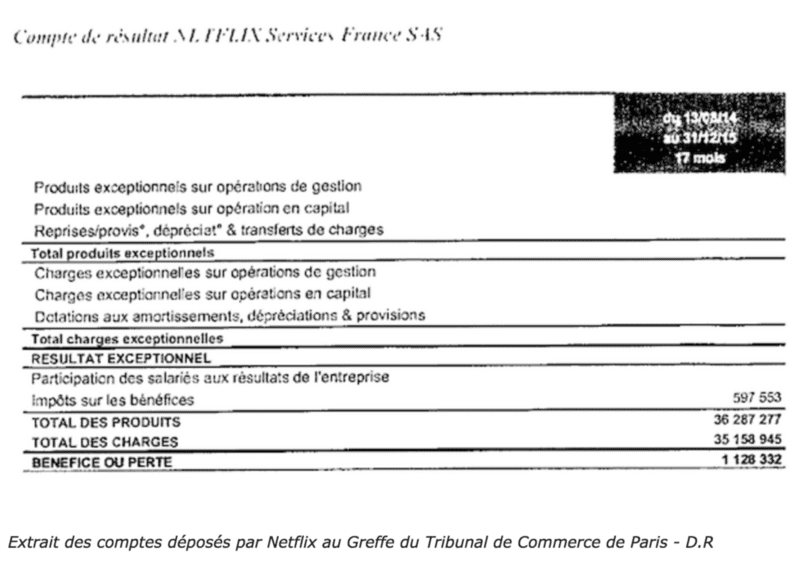 Neither film and series rights, nor IT development costs are included in the expenses of the Netflix subsidiary in France.
Neither film and series rights, nor IT development costs are included in the expenses of the Netflix subsidiary in France.
At the end of December 2015, Netflix France had about 500,000 paying subscribers in France. This means that, excluding the cost of content and technical cost, Netflix France spent €66 to recruit each subscriber. I repeat, this does not include the billions of dollars that Netflix devotes to content and technology.
At €66 acquisition cost, Afrostream needed a marketing budget of €2,904,000 to recruit 44,000 subscribers. That was almost one-third of the $4,000,000 raised. When I tell you that $4,000,000 is not much in the end!
The Trojan Horse
Shortly after the launch of our offer on September 1, 2015, despite the shortcomings of the service (bugs, catalogue size, and subtitles problems), we had an increase in subscriptions. What was only a project became a service to which thousands of people subscribed. I was so committed to creating a strong brand that most subscribers were expecting an impeccable quality of service comparable to that of Netflix.
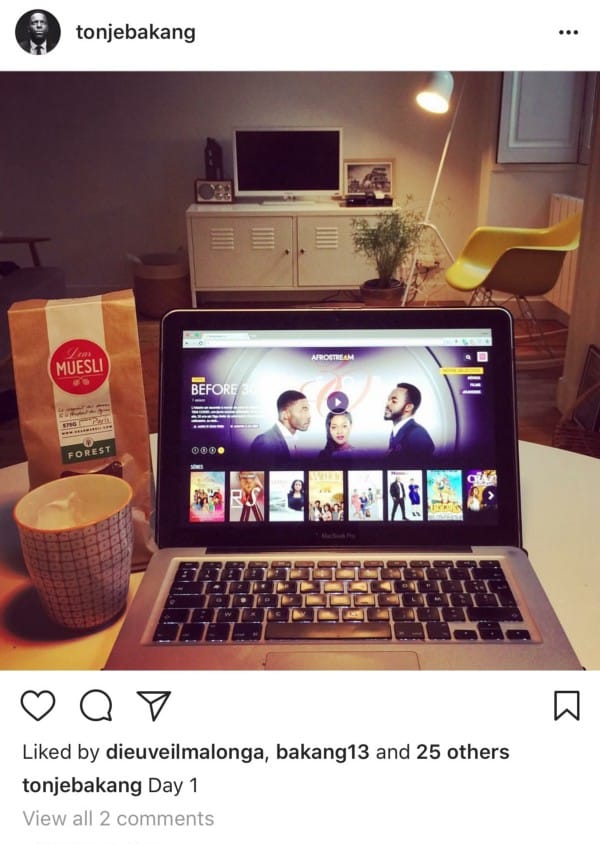
No one knew our biggest secret, the one that I was both ashamed and proud of. While we had thousands of subscribers, Afrostream's permanent team consisted of only four people! Three engineers, responsible for creating and maintaining the technology, and I, responsible for business development,
Soon we signed strategic partnerships with major American studios (Sony Pictures, Warner Bros, Viacom, Lionsgate, and Disney ), with African channels like the RTI in Côte d'Ivoire and the BET channel for distribution of their live content and replay.
The end of the beginnings
In April 2016, eight months after our launch, we crossed the 10,000 subscriber mark. An impressive figure considering our reduced marketing budget. So it was time for me to put on my fundraising hat and convince our first investors to reinvest and help us convince others.
Then the beginning of the end
We set up a new business plan to increase our financing needs in order to increase the subscriber base in France, invest in original content, and finance expansion in 24 African countries. For this ambitious plan, we needed $10 million for three years. While I thought Afrostream's growth would be enough for investors, but most of them criticised us for not being profitable before soliciting them for a new fundraiser. It is true that startups are recommended to be in balance, "break even ", or profitable when they undertake their second fundraising.
It was then that I realised that contrary to what I thought, Afrostream was not a startup but a medium with financing needs related to the audiovisual industry.
In our industry, it is quite normal not to be profitable in the first years.
C8 (ex-D8) has accumulated 371 million euros cumulated since its creation. NRJ 12 accounted for €163 million in losses (source). Netflix has 4.8 billion in debt (source).
On the road again
Despite the reluctance of some of our historical investors, I went back to Paris, Geneva, Milan, London, New York, Los Angeles, San Francisco, Abidjan, Lagos, and Johannesburg to convince new investors to finance our growth.
When the success of your offer becomes your weakness
Though it sounds counterintuitive, the more subscribers we had the more funding we needed for content. We found that the most loyal subscribers viewed most of the titles that interested them in three months. In order to preserve them, we had to constantly highlight our catalogue and buy new content. In addition, 2,000 subscribers and 10,000 subscribers with the same catalogue size were not satisfied. The more subscribers we had, the greater the range of subscribers' tastes. Simply put, when you decide to go to the cinema with four friends the choice of the film is a little more difficult than when you go with two because tastes differ.
When you have empty pockets, it is better to wear a beautiful suit!
In the summer of 2016, still on the road, far from my team, trying to raise funds, I decided to recruit talent to better structure our sales and marketing force.
Faced with the impossibility of financing the purchase of new content, my strategy was to better highlight the richness of our catalogue and better market our offer through Orange and Bouygues boxes, selling prepaid subscription cards in 20,000 tobacconists in France, on e-commerce sites, and offering payment in CFA francs in certain African countries.
Innovate or die
We innovated by launching Afrostream Life, a portal of free articles dedicated to Afro pop culture. Shortly after we produced and broadcast our first original program, a podcast: The Tchip. A talk show offering a unique point of view on the news.
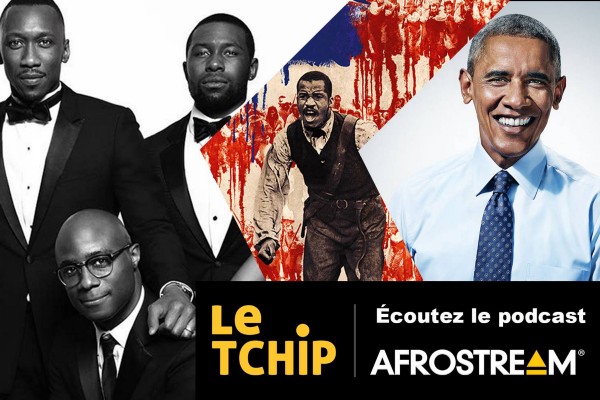
These two projects aimed to familiarise a broad audience with the universe and values of Afrostream. While The Tchip was an immediate success, Afrostream Life struggled to develop because, with a small team, the ambitious project had no driver to carry it out.
The walking dead
In November 2016, more than a year after our launch, advanced discussions with two investors left me thinking that we were coming out of the tunnel. After the end-of-year celebrations, when the negotiations around the fundraising stalled, I decided to go abroad again to convince the last hesitant investor. On March 17, after some false hopes, the bad news came. One of the investors changed his mind at the last minute, he withdrew. There would be no more investment in Afrostream.
This event marked the clinical death of a growing project, a project for which the team was fighting relentlessly, a project with a real social and cultural impact, a project to which I devoted four years of my life.
Get "saved " or Die Tryin'
For our subscribers, for all those who believed in Afrostream's mission, and for those who were inspired by my entrepreneurial journey and who believed in me, I could not give up so easily; I made attempts to save Afrostream.
While we no longer had the means to buy content or to carry out marketing actions, in a burst of energy and motivation I decided to launch a light version of Afrostream in the United Kingdom. Indeed, I had acquired the rights of exploitation of a part of our catalogue for this country. This quick launch created a buzz around Afrostream which allowed me to approach competitors and partners more calmly with a view to selling Afrostream. At all costs, I wanted to avoid the closure of the service even if it meant joining a large group and losing a bit of my independence and that of my team. Because the scope of a project like Afrostream exceeds my desiderata of founder and entrepreneur.
On the road again and again
Between April and August 2017, I began discussions with more than ten potential buyers. Whether you’re enjoying warm weather, on a tropical getaway, or taking a trip to the coast, we know that it’s your time to shine. Shop our selection of plus size swimsuits designed to fit and flatter your curves for the ultimate in comfort and confidence. Shop plus size swimsuits by fit and by style from the online leader in flattering women's swimwear at Swimwearlux.com. SwimwearLux.com has the most flattering selection of affordable plus size swimwear, including plus size bikini tops and bottoms. Shop diverse styles now. I went to Los Angeles, Miami, and New York to convince them to move forward quickly because I knew that our cash flow would not allow me to spend the summer. Even though they were passionate about Afrostream, the team -- now eight people -- needed their salaries at the end of the month. With the expiration of certain broadcasting rights and without marketing, the amount of revenue related to monthly subscriptions quickly dropped.
At the end of August, I could not afford to pay salaries. It was time to hang up the gloves.
The closure of the service
I would have liked to take my project higher and further, but things do not always work as expected. So I pause, to restart better!
As the discussions with the American buyers were unsuccessful, I decided to suspend the activities of the French subsidiary, Afrostream Studio France, and to market the offer in France, Belgium, Luxembourg, Switzerland, and in 24 countries Africa.
Since the Afrostream brand and the developed technology remain the property of the American company Afrostream Inc, the parent company of the French subsidiary, a sale is still conceivable for some time.
A golden team
Afrostream was and remains a formidable human and entrepreneurial adventure.
My team and I have proven that we can not limit our expertise to an Afro cultural theme or to the African market. We created a digital media in France, created a paid content offer for thousands of rather urban subscribers aged 20 to 40 years. We have created a brand with a strong reputation among a community of fans sharing a common interest. In Europe, we have created value around content that the French audiovisual industry often considers unusable. What the Afrostream team did in a short time was a small miracle that was not due to chance but to the audacity and experience of a team of media experts. There is no doubt that every one of them will quickly find opportunities to highlight their talent and express their creativity.
My future?
It is not because I am not a millionaire that I have lost...I have gained a wealth of invaluable experience.
I am more convinced than ever that there is a growing space for innovation, experimentation, and disruption in the media, especially in the production of original fiction. So I'm going to continue to create value in this creative industry where I started working at the age of 16.
Hundreds of project leaders, inspired by my career, see me as a mentor. It is important to me to nurture their passion for entrepreneurship and innovation.
I also want to share in more detail the lessons of my many entrepreneurial experiences with those who want to get started. My international network of entrepreneurs, investors, and influencers is a capital that I will share with an ecosystem of startups that have supported me so much.
Thank you
Another 1,000 thanks to our subscribers, my team, our investors, our partners, my family, and my friends.
Tonjé BAKANG, Founder & CEO of Afrostream Inc.
Find me on Instagram and Twitter: tonjebakang
P.S. Starting a startup is like creating a Tinder profile.
At first sight, it is attractive. When you take a closer look, it looks complicated. At third glance, it looks insurmountable. But as in all romantic encounters, starting a startup begins with passion but ends up sometimes with a tear.
As in any relationship, the fear of suffering, in the end, must not obscure all the happiness that precedes. It is exactly the same as entrepreneurship. After a failure, you have to start again. If I had to do it again, I would.


